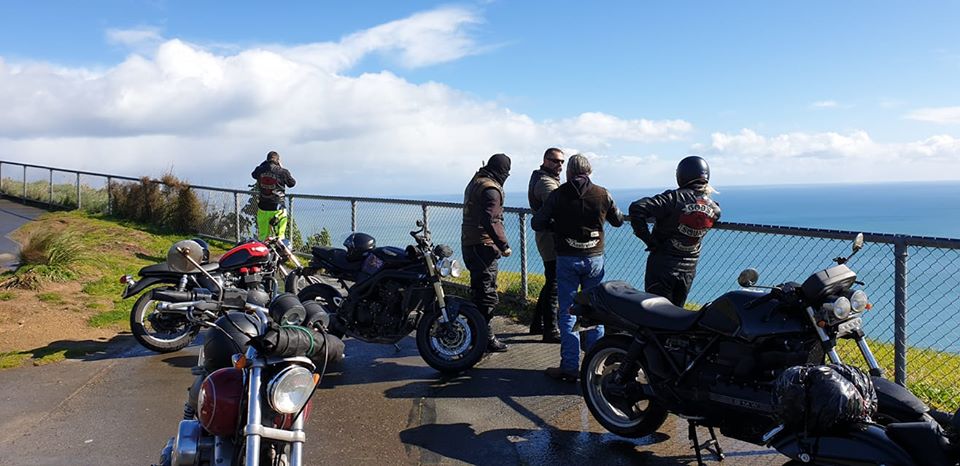Ata marie e hoa ma, rangimarie ki a koutou katoa. Good morning friends, may peace be with you all. Today’s gospel is Mark 6:1-6a. A visit to Nazareth.
Since last week Mark has been recalling some more of Jesus’ teaching about seeds and the Kingdom of God. Today he writes about Jesus arriving back home. He has been on a trip across Lake Galilee where he met a gentile mad man, and then back on the Jewish side, there was some healing’s involving a woman and young girl. The seeds of the kingdom are growing and bearing fruit in some surprising places. These stories from around Galilee would have made it home to Nazareth, so everyone is eager to hear from this local carpenter who has abandoned his mother, including his responsibility as the eldest son.
We are not told what Jesus spoke about in the synagogue this morning, but people were astonished and his home crowd was not very embracing of what he shared. This is the last recorded visit by Jesus to a synagogue in Mark and it is presented in a similar way to his final visit to the temple before his death. The sequence of time on the road with the disciples (and us the readers) including the resurrection of Jairus’ daughter then meets opposition and challenge. The opposition may have come from his own village expecting him to use his hands for supporting his family with his trade, not healing and speaking of a new and hopeful way of living. Jesus was certainly upsetting the status quo and questioning many things about the way life was at that time.
Jesus recognises this rejection from his own wider family and village. “Prophets have honour everywhere, except in their own country, their own family and their own home” he retorts. He must accept that these his own people have stripped him of any status he had among them and that he is now that ‘prophet without honour’.
As well as a lesson for us in working our way through opposition, rejection and hard times it was preparation for the people following on the road with Jesus. Tomorrow he withdraws and calls together his twelve closest friends. He summons them to join him in continuing to announce the good news of his Kingdom. This was the disciples first call, to be with him and be his apprentices. In time the call would be increased, made deeper as they came to understand the call of the cross, and the struggles with power. In time this sequence would be repeated again; temple rejection, crucifixion, apparent failure of the mission, then resurrection and persecution. The disciples knew what to do – they drew aside, came together, re grouped and continued the mission on.
As we travel together with Jesus and experience the joy of the road, the breaking down of barriers, the miracle of outsiders being welcomed, the new life and healing that comes as we embrace the reality that God created a good world we will meet others who don’t want the world that way. How do we deal with that?
Back in Nazareth Jesus does not force anything on his village, in fact, due to their closed attitude of heart he was able to do very little. He accepts that and in his session tomorrow regrouping and training his apprentices he reinforces his vulnerable approach to mission. Take nothing with you, rely on the hospitality of others. Sometimes the hospitality will be refused, the soil may not be ready to receive the good news of his kingdom. In these moments may we be found continuing to embrace the way of Jesus. Move on, maybe shake the dust from our shoes, regroup with our travelling companions and continue to live with hope and proclaim the good news in other places.
Some good news from today’s text though is that in time the younger brother of Jesus (James), who was probably seriously embarrassed this day by his older brother, became one of his staunchest advocates. Whatever we meet on the road may we not be distracted from believing the good news that Jesus embodied, from continuing to grow in love for God and all creation.
Cheers
Buckshot – Wellington chapter, New Zealand
